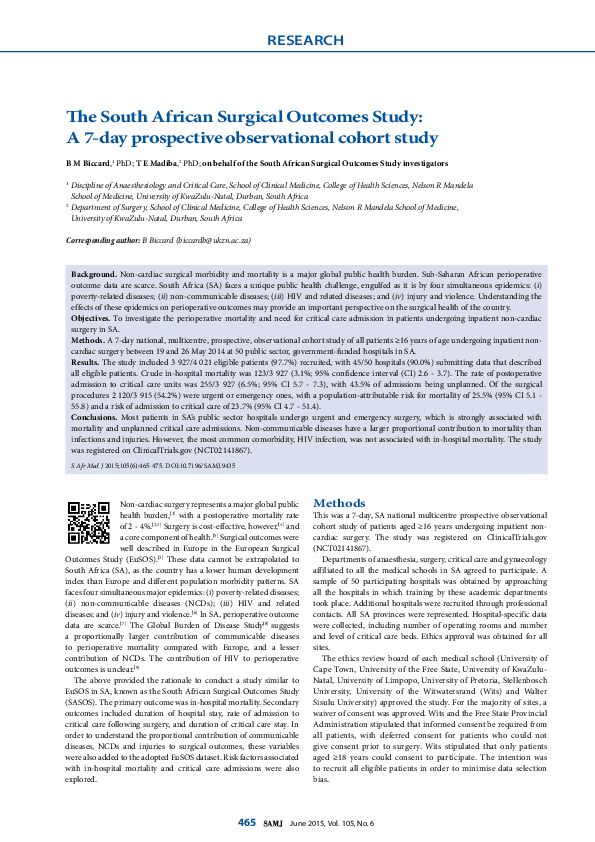The Importance Of Middle Managers: Bridging The Gap Between Leadership And Employees

Table of Contents
<p>In today's complex business environment, the role of middle managers is often underestimated. These individuals are crucial in bridging the gap between senior leadership and frontline employees, impacting everything from communication and employee engagement to overall productivity and organizational success. This article will explore the vital contributions of middle managers and why their effectiveness is paramount for a thriving workplace. Understanding the importance of middle managers is key to unlocking significant improvements in team performance and overall organizational health.</p>
<h2>Facilitating Effective Communication and Information Flow</h2>
<h3>Translating Strategic Goals</h3> <p>Middle managers are essential for translating high-level strategic goals from leadership into actionable plans and tasks for their teams. This crucial step ensures everyone understands the "why" behind their work, fostering greater buy-in and commitment.</p> <ul> <li>Clarifying complex directives, removing ambiguity and ensuring clear understanding.</li> <li>Providing context and rationale for decisions, fostering trust and transparency.</li> <li>Ensuring consistent understanding across all teams, preventing miscommunication and duplicated effort.</li> </ul> <p>Effective communication, facilitated by skilled middle managers, avoids misunderstandings and ensures everyone is working towards the same objectives, increasing efficiency and productivity. This direct impact on project management and overall company strategy cannot be overstated.</p>
<h3>Relaying Employee Feedback</h3> <p>Middle managers act as a vital conduit for feedback from employees to senior management, ensuring concerns and suggestions are heard and addressed. This two-way communication is vital for a healthy and productive work environment.</p> <ul> <li>Gathering employee input through regular check-ins, surveys, and informal conversations.</li> <li>Identifying potential problems and roadblocks before they escalate into larger issues.</li> <li>Advocating for team needs and concerns, ensuring the employee voice is heard at all levels of the organization.</li> </ul> <p>Open communication channels fostered by effective middle managers build trust and improve employee morale, leading to increased engagement and retention. This active listening and feedback loop directly impacts employee satisfaction and contributes to a positive work culture.</p>
<h2>Driving Team Performance and Motivation</h2>
<h3>Mentoring and Developing Employees</h3> <p>Middle managers play a crucial role in mentoring and developing their team members, providing guidance and support for career growth. This investment in human capital is essential for long-term organizational success.</p> <ul> <li>Providing training opportunities to enhance skills and knowledge.</li> <li>Offering constructive feedback to help employees improve their performance.</li> <li>Identifying employee strengths and weaknesses to optimize team composition and individual contributions.</li> </ul> <p>Investing in employee development improves skills, boosts morale, and increases team effectiveness. This proactive approach to talent management contributes directly to the bottom line through higher productivity and reduced employee turnover.</p>
<h3>Boosting Team Collaboration and Coordination</h3> <p>Middle managers are responsible for fostering a collaborative environment, ensuring team members work effectively together to achieve shared goals. This requires strong interpersonal skills and effective conflict resolution.</p> <ul> <li>Managing workload effectively to ensure fair distribution and avoid burnout.</li> <li>Resolving conflicts constructively to maintain a positive and productive team dynamic.</li> <li>Facilitating teamwork through clear communication, shared goals, and collaborative tools.</li> </ul> <p>Strong team dynamics, nurtured by effective middle managers, contribute significantly to productivity and overall project success. This positive team environment increases efficiency and improves the quality of work produced.</p>
<h2>Enhancing Employee Engagement and Retention</h2>
<h3>Creating a Positive Work Environment</h3> <p>Middle managers are responsible for fostering a positive and supportive work environment that promotes employee well-being. This directly impacts employee satisfaction and reduces turnover.</p> <ul> <li>Recognizing achievements and celebrating successes to boost morale.</li> <li>Addressing concerns and providing support to employees facing challenges.</li> <li>Promoting work-life balance to prevent burnout and improve overall well-being.</li> </ul> <p>A positive work culture, cultivated by strong middle management, leads to higher employee satisfaction, improved morale, and reduced turnover. This creates a more stable and productive workforce.</p>
<h3>Improving Employee Satisfaction and Morale</h3> <p>Through effective communication and support, middle managers directly impact employee satisfaction and morale, fostering a sense of belonging and purpose. This crucial role contributes significantly to a thriving workplace.</p> <ul> <li>Conducting regular check-ins with team members to address concerns and provide support.</li> <li>Maintaining an open-door policy to encourage open communication and feedback.</li> <li>Addressing employee concerns promptly and fairly to build trust and confidence.</li> </ul> <p>Happy and engaged employees are more productive and committed to organizational success. The role of middle managers in fostering this positive environment is undeniably critical.</p>
<h2>Conclusion</h2>
<p>Middle managers are essential for the effective functioning of any organization. Their ability to bridge the gap between leadership and employees is paramount for successful communication, increased team performance, and enhanced employee engagement. By investing in the training and development of middle managers, organizations can cultivate a more productive, engaged, and ultimately successful workforce. Investing in effective middle management is investing in the future of your organization. Don't underestimate the importance of strong middle management; it’s crucial for achieving your organizational goals. Strengthen your middle management team and see the positive impact on your overall organizational success.</p>

Featured Posts
-
 Meldung Gemaess Artikel 40 Absatz 1 Wp Hg Pne Ag
Apr 27, 2025
Meldung Gemaess Artikel 40 Absatz 1 Wp Hg Pne Ag
Apr 27, 2025 -
 Your Guide To The Grand National 2025 Runners At Aintree
Apr 27, 2025
Your Guide To The Grand National 2025 Runners At Aintree
Apr 27, 2025 -
 Love Triangle Sam Carraros Flash Appearance On Stan
Apr 27, 2025
Love Triangle Sam Carraros Flash Appearance On Stan
Apr 27, 2025 -
 3 Million Camille Claudel Bronze Sculpture Auction Record
Apr 27, 2025
3 Million Camille Claudel Bronze Sculpture Auction Record
Apr 27, 2025 -
 Lifting The Farm Import Ban Key Outcomes Of South Africa Tanzania Discussions
Apr 27, 2025
Lifting The Farm Import Ban Key Outcomes Of South Africa Tanzania Discussions
Apr 27, 2025
